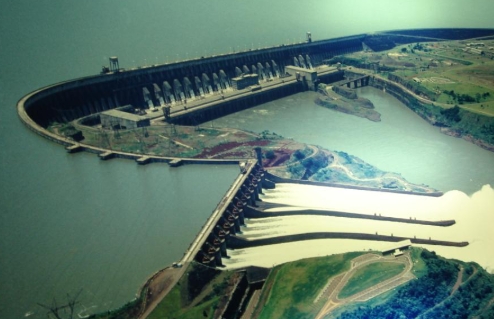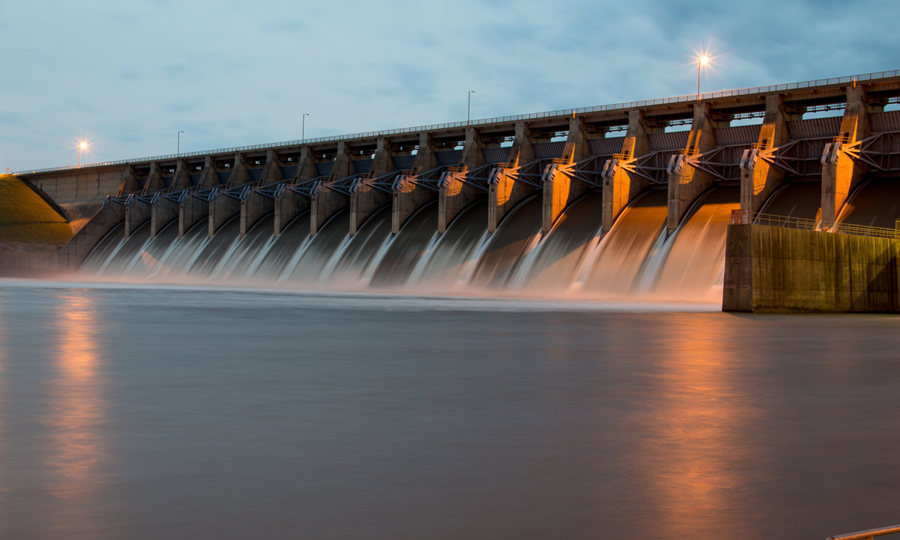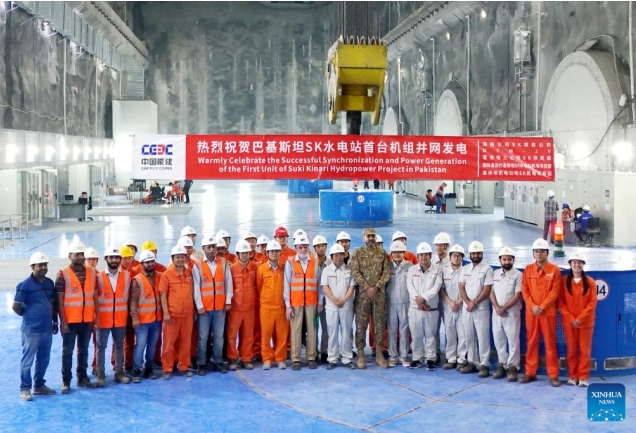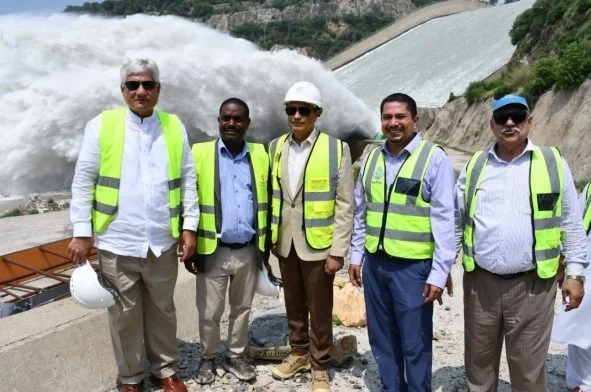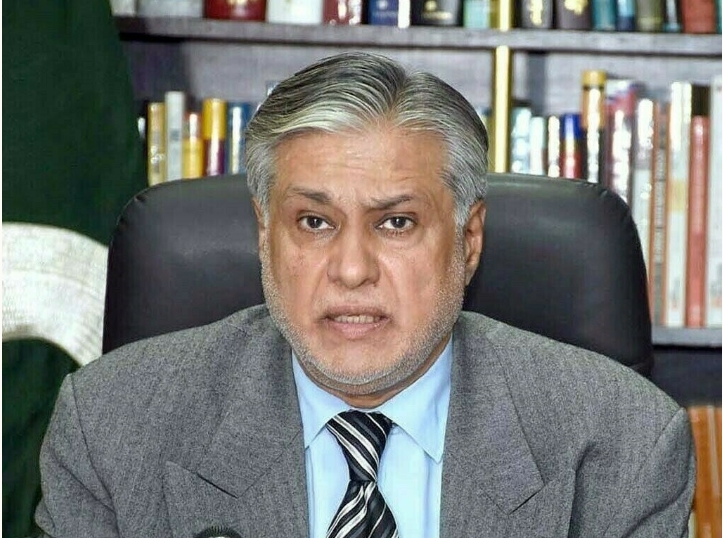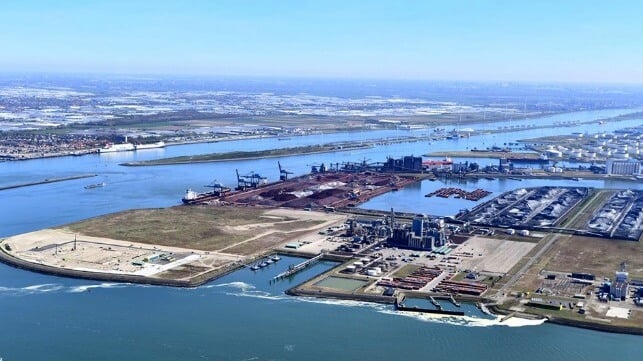
The final investment decision has been taken giving the go-ahead to the Netherlands’ first CO2 storage project, which is also slated to be the largest carbon capture and storage project so far for Europe. The project focuses on industrial operations in and around the Port of Rotterdam and is expected to reduce carbon emissions in the port area by 10 percent annually when it becomes operational by 2026.
Known as Porthos, the project is a partnership between EBN, Gasunie, and the Port of Rotterdam. It will require a total investment of more than $1.3 billion, but unlike other CO2 capture projects, it has already fully contracted its storage capacity. Among the companies it will be working with are Shell, ExxonMobil, Air Liquide, and Air Products. Each of the companies has committed to storage contracts and will commit their capital for investments to capture CO2 from operations and deliver it to the Porthos compressor station which will be located in the Port of Rotterdam.
After confirming that they have decided to proceed with the project, it was reported that Porthos has already given its first contract as part of the construction which is scheduled to start in 2024. They awarded a $32 million fabrication contract for Corinth Pipeworks of Greece for the steel pipes that will be used to connect the compressor station to a depleted gas field and platform in the North Sea.
The platform is located approximately 12 miles off the coast of the Netherlands. The storage site will be approximately two miles under the seabed. Porthos plans to store about 2.5 million tonnes per year with an expected life of 15 years. They have commitments for the 27 Mtons of capacity, but they noted that the onshore transport system is designed to allow for future CO2 storage projects.
Carbon capture is set to play a significant role in the Netherlands’ plan to reduce emissions. The government has announced a target to bring carbon emissions down by more than half by 2030 compared to its 1990 levels. The European Union recognized Porthos as an important project contributing to meeting climate targets. The EU is providing $108 million in subsidy to the project.
The Netherlands joins neighboring Denmark which is also moving forward aggressively with carbon capture and seeking to launch the first commercial cross-border storage effort. In March, Denmark achieved several firsts, including the first injection of CO2 for storage below the seabed in the North Sea, as well as becoming the first to achieve cross-border carbon capture and storage. The demonstration project captured CO2 in Belgium and delivered it to Project Greensand, which completed the injection. By 2025/2025, Project Greensand also located in the North Sea expects to be storing up to 1.5 million tonnes of CO2 per year.
